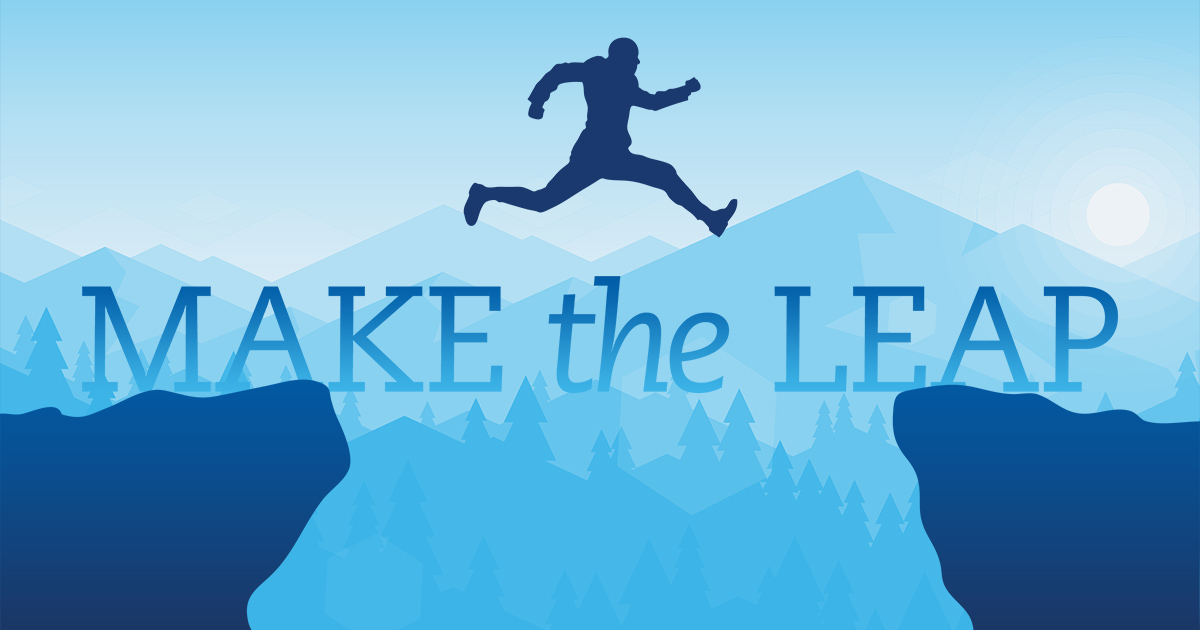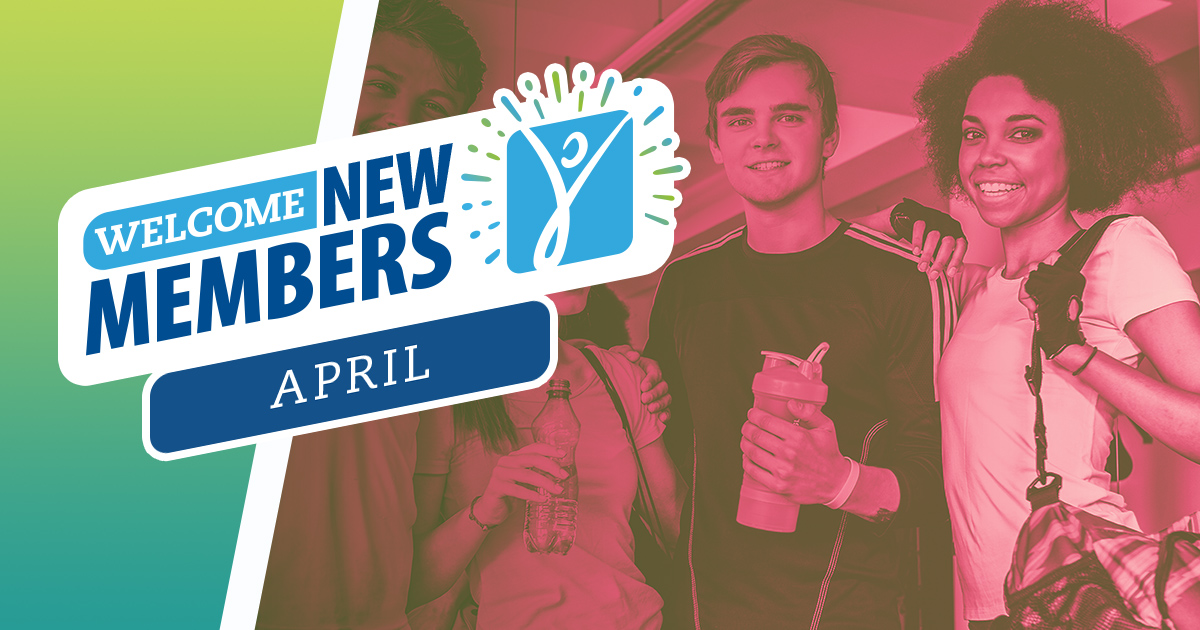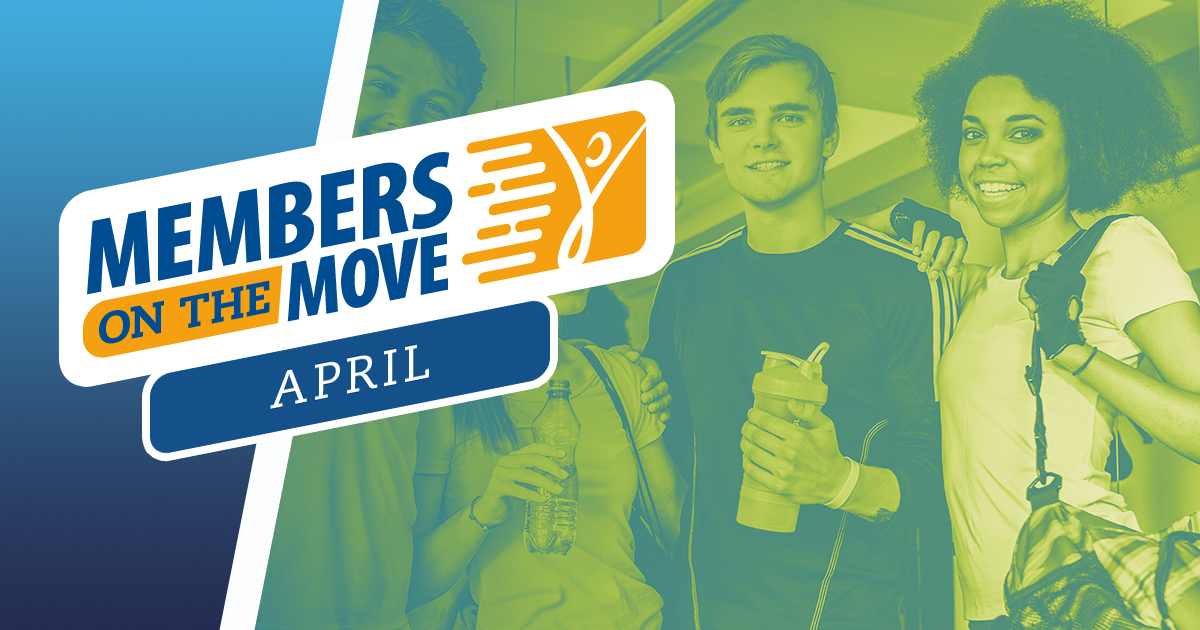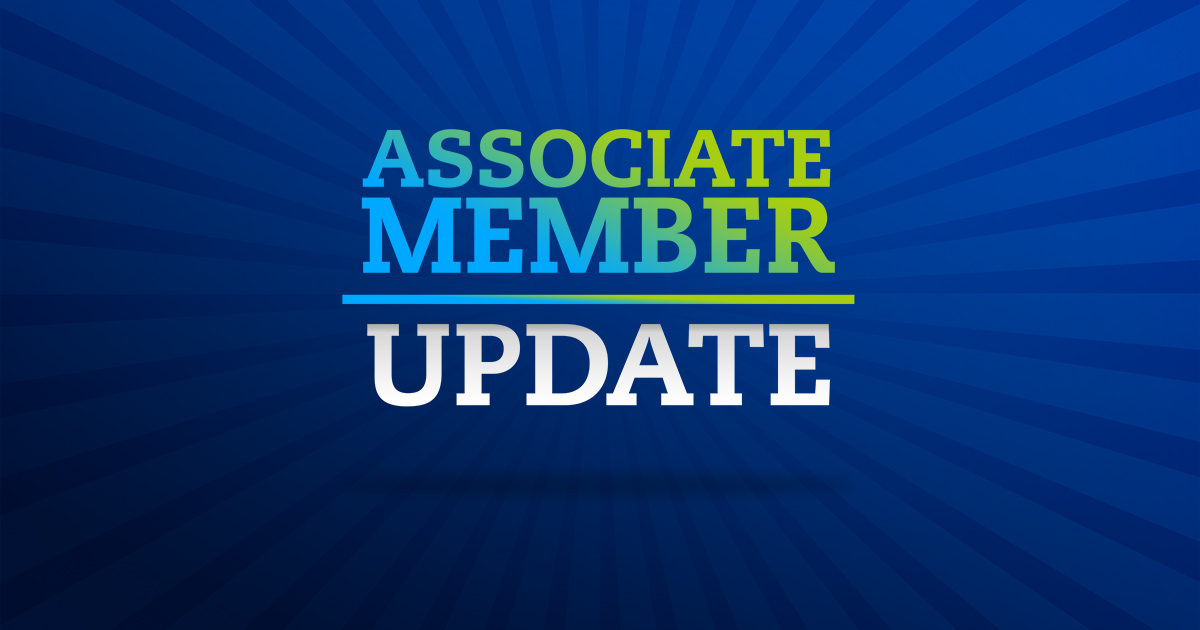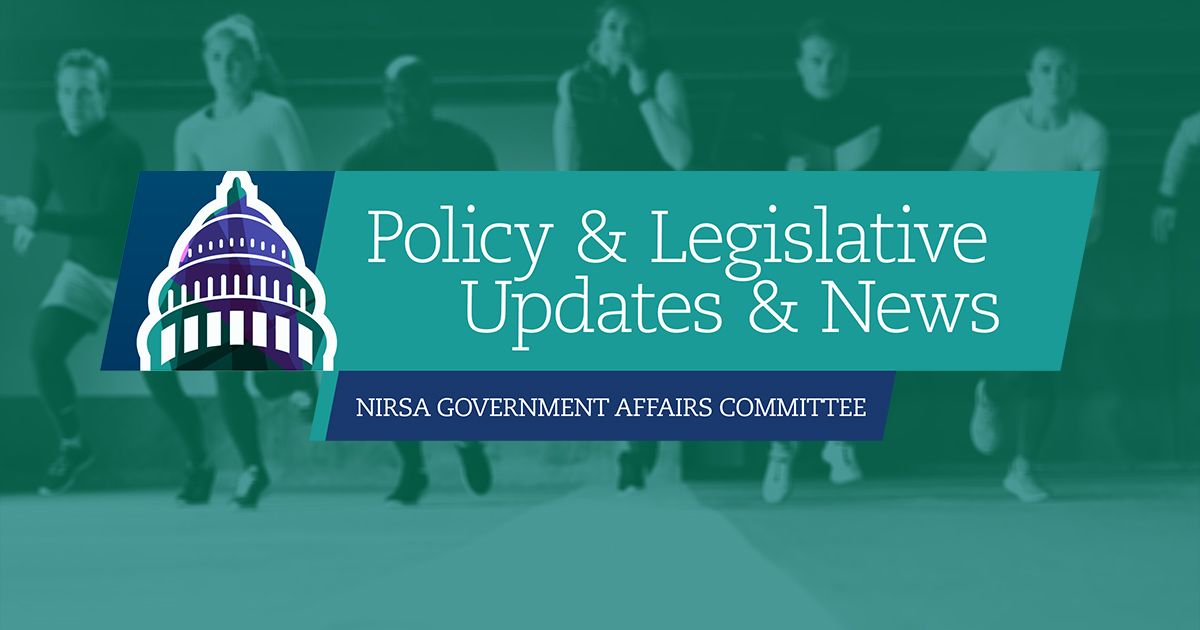At the age of 18, asking yourself, “What do you want to do for the rest of your life?” can be quite daunting. Like many of you, I found this decision difficult. I began my college career as a freshman at Kent State University before transferring to Bowling Green State University (BGSU) for my sophomore year. I wanted to choose a major that would be meaningful. After changing my major several times during my first two years of college, I finally settled on education.
I knew I wanted to be an educator, but I wasn’t so sure that K-12 was where my passion lay. While making my transition into the education major, I was also desperate for money. As a competitive swimmer, I naturally had been lifeguarding and teaching swimming lessons since the age of 15, so I started exploring employment opportunities at Bowling Green State University—specifically at the student recreation center. I started as a swimming instructor and slowly became more involved as a leader in the aquatics program. I finally realized that recreation has always been a large part of my life and decided that campus recreation was a field I wanted to join. Before I knew it, I was applying for graduate school at BGSU and for the graduate assistantship in aquatics. I’m sure this is a familiar story to many of you.
It’s always about “the next step”
Throughout the next few years, I gained more and more knowledge, experience, and certifications. After graduate school, I was fortunate enough to be involved in building aquatics programs from the ground up. In 2008, I was offered a position at Indiana State University (ISU); the position of assistant director for aquatics had just been created in preparation for the opening of a newly constructed student recreation center. I was also offered the newly formed assistant director of aquatics position at the University of North Carolina Wilmington (UNCW) as the university prepared for the second phase of a construction project that would add an aquatics facility to the current student recreation center.
These two professional opportunities were crucial to my development as a practitioner in the field of campus recreation. While employed at UNCW, I also decided to enroll in the Educational Leadership Ed.D. Program in the Watson College of Education. During that time, I had the opportunity to teach as an adjunct professor in the Recreation, Sport Leadership, and Tourism Management program in the School of Health and Applied Human Sciences, getting my first taste of teaching a subject I have always been passionate about in a college classroom. After four years of working fulltime in campus recreation, teaching as an adjunct professor, and completing the required coursework, I was awarded a doctorate in educational leadership with a concentration in higher education administration. By the end of 2017, I had almost ten years of practical and professional experience in the campus recreation field, several years of experience teaching at the college level, and a doctorate in educational leadership. I realized that every decision I’d made since my freshman year of college had led me to this point. So…now what? I kept wondering what my “next step” would be.
I spent the next year exploring and pursuing various employment opportunities, including faculty positions. In the summer of 2018, I was offered a tenure-track assistant professor position in the Recreation Education and Therapy program in the Department of Health Sciences at Lehman College in the Bronx, New York. After soliciting advice from several friends who I also consider mentors, I made the decision to accept. Like other positions I have accepted in the past, this sent my summer into a flurry of goodbyes, packing, and apartment hunting. I also prepared myself for a transition to a school with a very different profile from UNCW. Lehman College, part of the City University of New York (CUNY), is a four-year, Hispanic-serving institution. It’s also a commuter school where many students rely on public transportation, and almost half of the undergraduate student population is considered non-traditional.
Heather Sanderson, an assistant professor in the Department of Nutrition, Health, and Human Performance at Meredith College and formerly an associate director in collegiate recreation, experienced a similar transition period. She says, “My biggest challenge was transitioning to a private, small college. I had only known working in medium to large public institutions.” Lehman College does not have a campus recreation department, nor does it have a traditional student recreation center. There is, however, an athletic facility that is made up of basketball courts, a swimming pool, weight rooms, and classrooms. The facility is shared between athletics, academic programs, and general recreation participants. Lehman College is also not a NIRSA: Leaders in Collegiate Recreation institutional member. Regardless of these circumstances, I felt this was my opportunity to transition into the academic side of higher education. Little did I know what was to come shortly after moving to New York City.
From practitioner to professor
The transition to a faculty position in New York City from a practitioner in a small beach town like Wilmington, North Carolina was not without its challenges. For the most part, I found myself thriving as an advisor and educator, as we all consider ourselves in student affairs. The multi-cultural and diverse population I serve is quite different from that of UNCW. Lehman College also prides itself as being ranked number three in the nation for upward mobility. So I went from an assistant director in campus recreation at UNCW working the traditional Monday through Friday, 8:00am-5:00pm (plus nights and weekends as we all know), to a bit more of a self-regulated schedule with teaching, office hours, and simply having a presence on campus. The self-regulated schedule has been one of the starkest differences.
Jill Sturts, an assistant professor in the Sport and Recreation Professions program at Virginia Wesleyan University and a former assistant director in campus recreation, describes a similar experience: “I am personally responsible for my own courses, my research, and my service (to the institution and to the profession), and it is all self-driven. The culture is much more autonomous, which is one of the positives of working in academia, but it can also be lonely when you are accustomed to working closely with a team.” While orienting myself to my new and different environment I also had to keep the trifecta of every tenure-track faculty position in the back of my mind: teaching, research, and service.
As a practitioner for almost ten years, I’ve had a slightly different career trajectory than some of my colleagues who are of a similar age. Many are renowned and well-respected experts in their fields who have spent their entire careers on the academic side of their profession—especially in research. Coming out of a role in student affairs, I found myself quite comfortable with teaching and service. My practitioner experience lends itself to my contributions in the classroom. Laura Morris, Assistant Professor in the School of Health and Applied Human Sciences at UNCW and formerly an assistant director in campus recreation, echoes this sentiment. “All of the training we do in campus recreation translates well to the classroom,” she explains. “Overall, the stories I can share from my time as a practitioner are the most beneficial to my job.”
I had taught in the college classroom for several years and my time working as an administrator complimented the service activities that were expected of me. Establishing a research agenda along with a network of collaborators was the part I was unfamiliar with. I was successful in obtaining grant funding to kick off some of my research, along with having the opportunity to present at several regional, national, and international conferences. I have been able to remain involved in NIRSA through presentation proposals and applying for various other positions—some successfully and others unsuccessfully.
Then, a year and a half after moving to this new and different position in New York City, something of a magnitude unseen by generations happened: COVID-19.
The pandemic
Nobody really knew what was happening. In March 2020, New York City shut down just like many other cities across the country. College classes in CUNY were immediately moved to the online format. Our interns were sent home from their internship sites. Many of our students found themselves unemployed while others found themselves working 60-70-hour weeks as essential workers. COVID-19 cases and deaths continued to rise as the weeks went on. One by one, scholarships and awards I was being recognized for were cancelled as were conferences for which I had funding and grants allocated, presentation proposals accepted, and flights and hotels booked. My apartment became my workplace. Opportunities for research became limited due to isolation and quarantine. The CUNY budget shrunk exponentially, making us all nervous. Now, nine months later, my apartment remains my workplace. Academic classes remain fully online. Research, collaboration, and writing continues. Service to the department, school, college, and the profession is still being completed—just virtually. This has been quite the transition from UNCW.
Although COVID-19 threw a wrench in all our lives, the transition from a practitioner in the field of campus recreation to a faculty member has been both exciting and challenging. While teaching and service came naturally to me, establishing a research agenda was a bit more of a struggle. However, funding and collaborations are growing. Establishing a research agenda early would be beneficial, even if it’s just pushing yourself to focus on something different than campus recreation. Going beyond campus recreation in your research will assist in the transition to a more comprehensive academic curriculum.
Not just campus rec anymore
I have had the unique privilege of working in campus recreation since 2005. Although I enjoy the overall field of leisure and recreation, I will always have a passion for campus recreation. Working with college students as an advisor, mentor, and educator has been rewarding in all my positions in higher education, including in my current one. However, remaining involved in campus recreation must be an intentional choice as a faculty member. Recreation and leisure academic programs and curriculums tend to span across all aspects of the field, including commercial, municipal, non-profit, and even therapeutic recreation.
Should you choose to make a similar career move, you will have students with various skillsets and career goals. Not all of them will be interested in campus recreation, although I try to motivate mine in that direction often. You may find yourself at a college or university that does not have a comprehensive division of student affairs, a campus recreation program, or even a student recreation center. I see this as an opportunity. An opportunity to introduce change to your curriculum and on campus, an opportunity to research the benefits of college student engagement in recreation, and an opportunity to present that research to institutional policy makers.
I guess what I’m trying to say here is to consider the profile of the college or university that has an open faculty position. What does the curriculum look like in the program? Does the university have a student recreation center? Is it run by campus recreation? Does it fall under athletics or student affairs? Does a positive relationship exist between campus recreation and the academic program? What are the research opportunities? I say all this with the caveat that faculty positions in our field are few and far between, and you may not be able to get exactly what you want.
In conclusion
Making the jump to a faculty position has been a rewarding and educational experience. It has expanded my horizons in many ways and has made me appreciate the work that many of us do for our students, faculty, and staff. In a way, I feel my experience as a student affairs professional has better prepared me for serving my students, especially during the pandemic. The advisor and mentoring experience with college students has made me more empathetic toward my students in the classroom, many of whom are struggling.
What does this all mean? Well, my goal is to shed some light on my own experience for anyone interested in enrolling in or currently enrolled in a doctoral program. I think my experiences could also be useful to anyone who has completed a doctoral program with the goal of making a similar jump from practitioner to faculty. There are some aspects of being a practitioner that I will always miss.
Faculty tend to have a great deal of freedom and autonomy with the work they do. In many ways, I can choose my own schedule, how I teach, what types of service I am interested in, and what direction I want to take my research. Although I miss working in campus recreation, the freedom that comes with being a faculty member allows me to incorporate the knowledge and experience I’ve gained from years as a practitioner into my teaching, research, and service. In a recent conversation I had with someone currently enrolled in a doctoral program who was considering a similar transition, they expressed how helpful it was to hear my thoughts and experiences regarding my own transition to academia. To this I replied, “I wish somebody had done the same for me!”
- For more information, contact Dr. Jacob Eubank, EdD, Assistant Professor – Recreation Education & Therapy at Lehman College CUNY by email at jacob.eubank@lehman.cuny.edu.
- If you are interested in highlighting your campus or a NIRSA member’s achievements on your campus, pitch us your ideas.
Dr. Jacob Eubank, EdD is currently Assistant Professor - Recreation Education & Therapy at Lehman College of City University of New York (CUNY). You can email him at jacob.eubank@lehman.cuny.edu.

